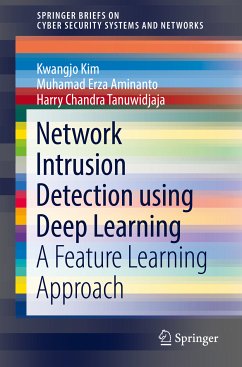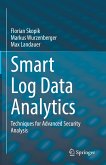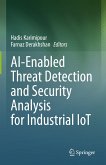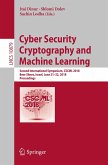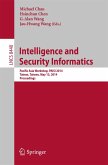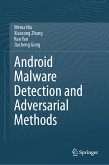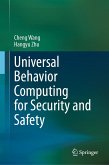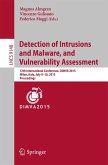This book presents recent advances in intrusion detection systems (IDSs) using state-of-the-art deep learning methods. It also provides a systematic overview of classical machine learning and the latest developments in deep learning. In particular, it discusses deep learning applications in IDSs in different classes: generative, discriminative, and adversarial networks. Moreover, it compares various deep learning-based IDSs based on benchmarking datasets. The book also proposes two novel feature learning models: deep feature extraction and selection (D-FES) and fully unsupervised IDS. Further challenges and research directions are presented at the end of the book.
Offering a comprehensive overview of deep learning-based IDS, the book is a valuable reerence resource for undergraduate and graduate students, as well as researchers and practitioners interested in deep learning and intrusion detection. Further, the comparison of various deep-learning applications helps readers gain a basic understanding of machine learning, and inspires applications in IDS and other related areas in cybersecurity.
Dieser Download kann aus rechtlichen Gründen nur mit Rechnungsadresse in A, B, BG, CY, CZ, D, DK, EW, E, FIN, F, GR, HR, H, IRL, I, LT, L, LR, M, NL, PL, P, R, S, SLO, SK ausgeliefert werden.

